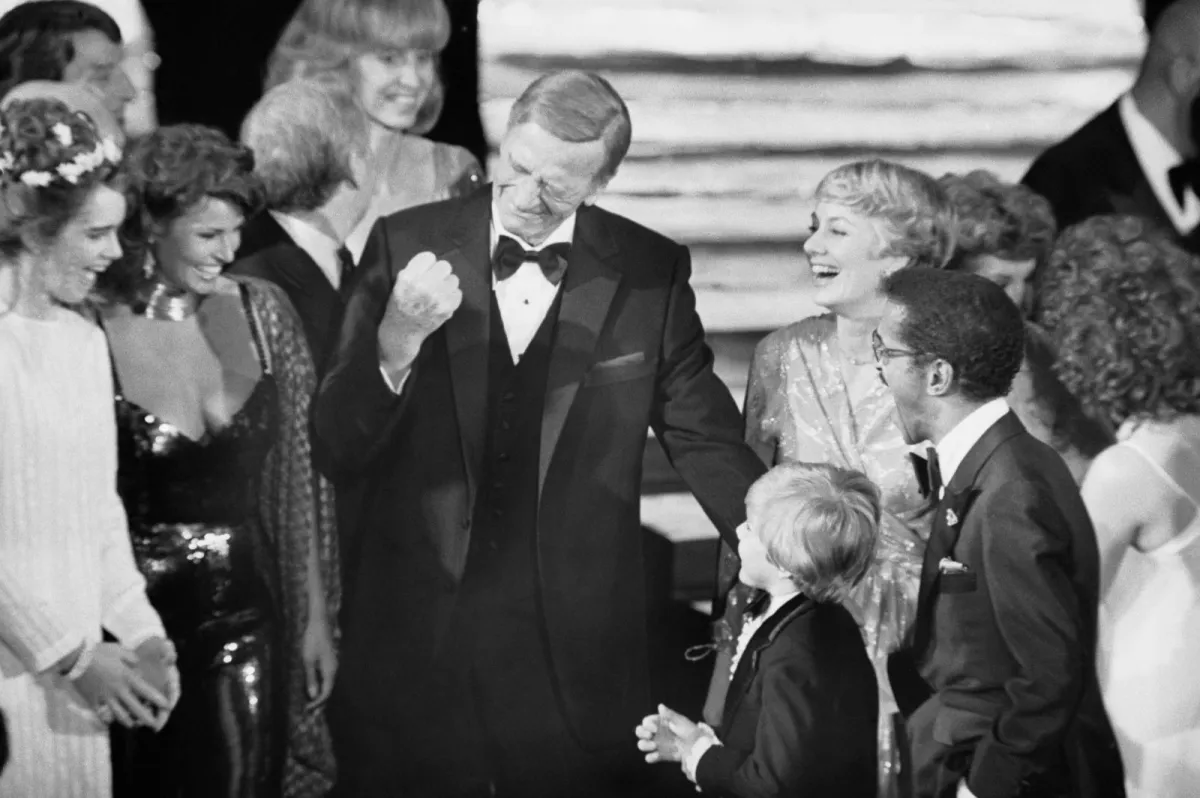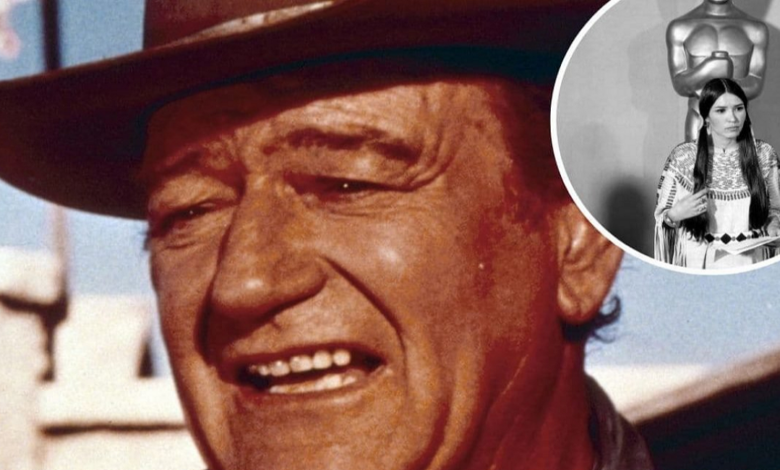Sacheen Littlefeather dominated headlines this week after the Academy of Motion Picture Arts and Sciences issued a formal apology to her for the mistreatment she faced at the 1973 Oscars. Littlefeather, who was 26 years old at the ceremony, took to the stage on behalf of Marlon Brando, who was named best actor for “The Godfather,” and declined the award for him.
Brando cited Hollywood’s problematic portrayal of “Native American Indian people in film and television” as his reason for rejecting the Oscar.To mark the news of the Academy’s apology, plus an upcoming special program to be held in her honor at the Academy Museum in September, Littlefeather gave an in-depth interview to the Academy in which she recalled in detail what happened the night she declined Brando’s Oscar.

Littlefeather walked up to the Oscars stage and said, “I’m Sacheen Littlefeather. I’m Marlon Brando’s official representative here this evening. Unfortunately, he cannot receive this Academy Award because of the image of Native American Indian people in film and television today.”
“That’s when people started booing, and the other half started cheering,” Littlefeather remembered. “And that’s when all the people started getting into commotion in the audience. And I focused in on the mouths and the jaws that were dropping open in the audience, and there were quite a few. But it was like looking into a sea of Clorox, you know, there were very few people of color in the audience. And I just took a deep breath, put my head down for a second, and then, when they quieted down, I continued.”

Littlefeather said that when she left the stage she spotted John Wayne, who was furious about her speech and approached her in such a way that she thought he would assault her.
“[John Wayne] did not like what I was saying up at the podium,” Littlefeather said. “So, he came forth in a rage to physically assault and take me off the stage. And he had to be restrained by six security men in order for that not to happen.”
“It was interesting because some people were giving me the tomahawk chop. I thought, ‘This is very racist. Very racist indeed.’ And I just gracefully walked and ignored them,” Littlefeather continued. “They put two armed guards around me, and said they were going to take me to these different press rooms. One was for television press, radio press and international press. And I would have about 10 minutes in each press room, and that was it. And then, I was escorted out the door.”

Littlefeather became the first Native woman to stand on the stage at any Academy Awards ceremony back in 1973. She will join the Academy on Sept. 17 for a special program and conversation titled “An Evening With Sacheen Littlefeather.”
“We are delighted and humbled that Sacheen has so generously chosen to engage with the museum and Academy to reflect upon her trying experience at the 1973 Academy Awards,” said Jacqueline Stewart, director and president of the Academy Museum.
